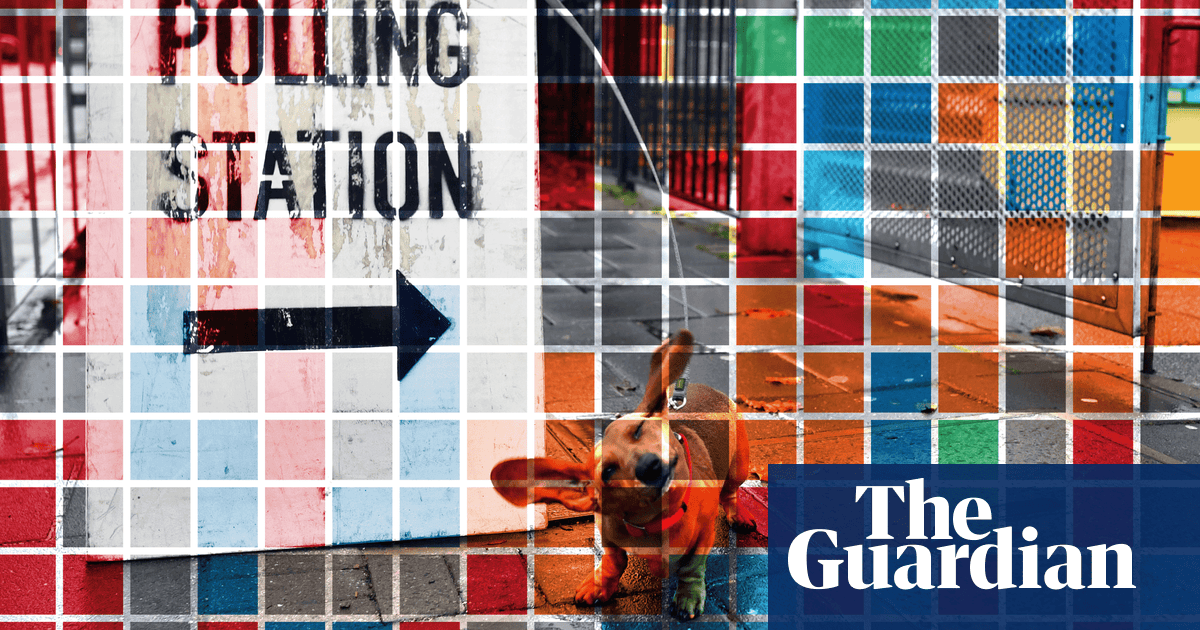The upcoming local elections in England in 2025 are poised to be scrutinized closely, primarily as a reflection of the new Conservative leadership under Kemi Badenoch. This article highlights the challenges in interpreting the results due to the dominant Conservative presence in the councils that are up for election. The historical context provided, particularly the contrasting political landscape from the previous elections in 2021, serves to underline the shifting sentiments among voters.
Political Implications of the Elections
The article suggests that the election results will be a significant indicator of Kemi Badenoch's leadership. With many councils being Conservative-led, the outcomes could reinforce or challenge the current government's standing. The reference to a recent poll indicating potential losses for the Tories hints at growing dissatisfaction, which could lead to broader implications for the party's future.
Voter Sentiment and Party Dynamics
By emphasizing the historical context of the 2021 elections, the article subtly conveys a narrative of decline for the Conservatives, especially in light of previous scandals that have affected their popularity. The mention of Reform party's potential gains signifies an emerging challenge to traditional Conservative dominance, indicating a shift in voter preferences that could reshape local governance.
Media Framing and Public Perception
The article appears to aim at shaping public perception regarding the competence of the Conservative leadership. Through strategic language and highlighting specific electoral dynamics, it encourages readers to view the elections as a referendum on Badenoch's performance. This framing could be seen as an attempt to manipulate the narrative surrounding the party's success or failure.
Trustworthiness of the Information
The article seems to present factual information regarding the elections and historical context. However, the framing of the narrative may lead to biases in interpretation. While it provides valuable insights, the underlying objectives of promoting a specific viewpoint on the Conservative party's performance warrant scrutiny.
Analyzing the potential scenarios that could arise from this electoral event, the outcomes could influence local governance and set the stage for future national elections. The political landscape may shift significantly depending on voter turnout and the effectiveness of campaigning by various parties.
Community Engagement and Support Base
The article likely targets politically engaged communities, particularly those interested in Conservative politics and local governance. It aims to foster a dialogue among voters regarding their perceptions of leadership and governance.
Market and Economic Impact
While the elections may not have a direct impact on stock markets, political stability and party performance can influence investor confidence in the broader economic landscape. Certain sectors may react to the outcomes based on anticipated policy changes.
Global Context and Relevance
This election carries significance in the context of the UK's political stability and governance structure. The outcomes could resonate beyond local implications, reflecting on the broader political climate and challenges faced by the current administration.
The potential utilization of AI in crafting this article is plausible, particularly in analyzing data trends and voter sentiment. AI models could assist in identifying key themes and framing narratives, although it is challenging to pinpoint their exact contributions in specific sections.
In conclusion, the article serves to inform readers about the upcoming elections while subtly guiding perceptions about the Conservative party's prospects. The manipulation potential is present, primarily through language and emphasis on specific outcomes.
